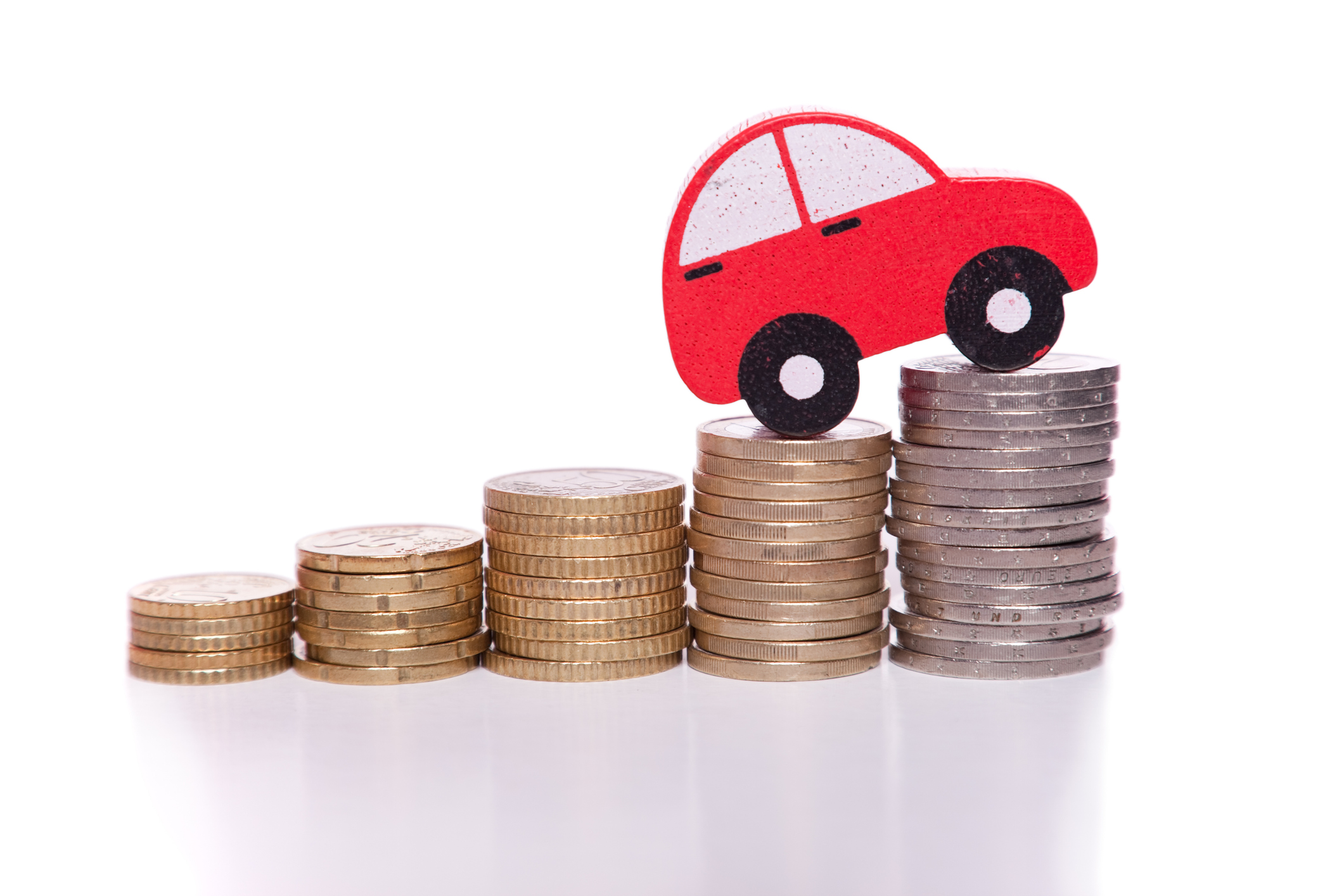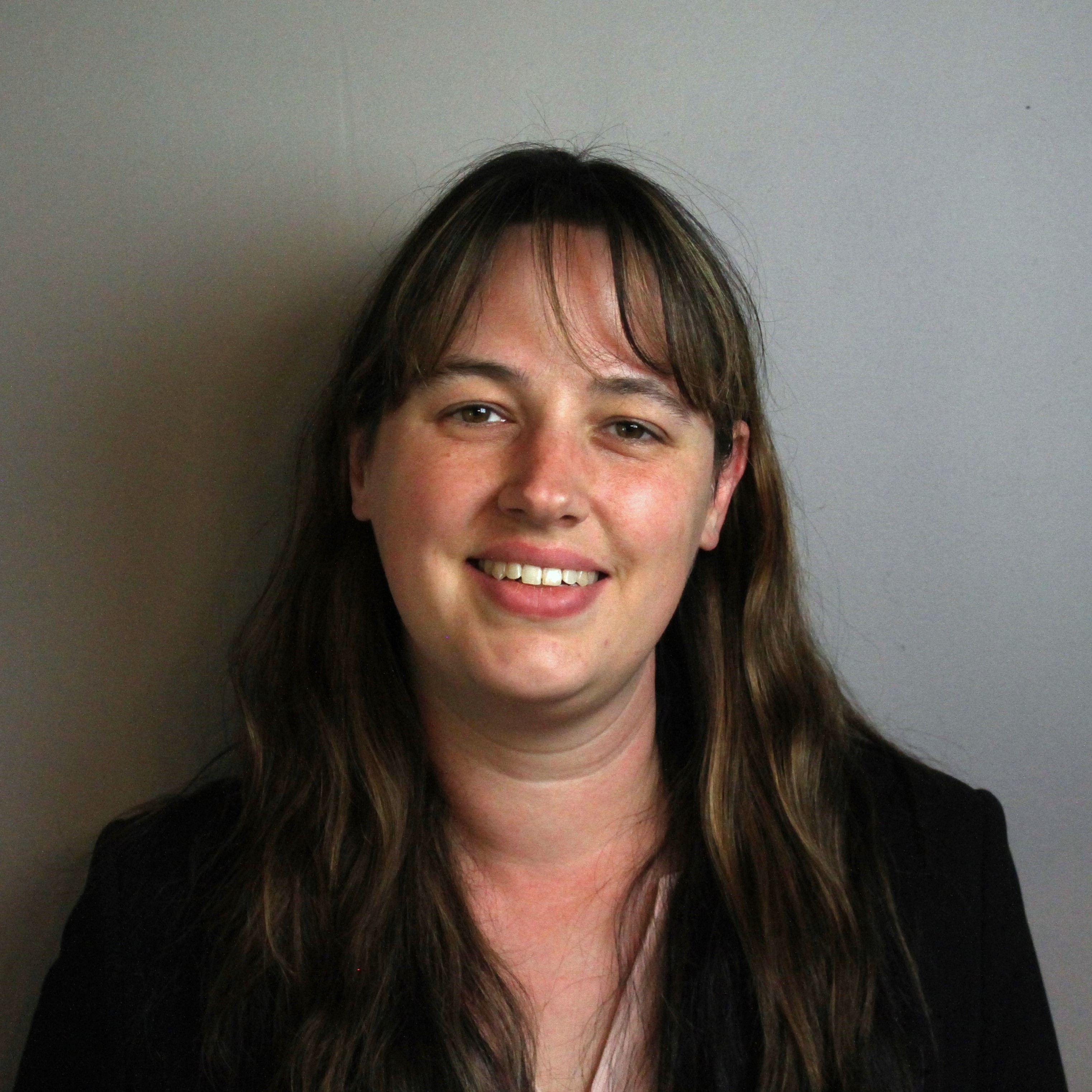Loyalty Doesn’t Pay: Why Your Car Insurance Keeps Going Up
You’ve been a good customer, now your premium is creeping up. Here’s why loyalty might be costing you on car insurance.

Profit and prosper with the best of Kiplinger's advice on investing, taxes, retirement, personal finance and much more. Delivered daily. Enter your email in the box and click Sign Me Up.
You are now subscribed
Your newsletter sign-up was successful
Want to add more newsletters?

Delivered daily
Kiplinger Today
Profit and prosper with the best of Kiplinger's advice on investing, taxes, retirement, personal finance and much more delivered daily. Smart money moves start here.

Sent five days a week
Kiplinger A Step Ahead
Get practical help to make better financial decisions in your everyday life, from spending to savings on top deals.

Delivered daily
Kiplinger Closing Bell
Get today's biggest financial and investing headlines delivered to your inbox every day the U.S. stock market is open.

Sent twice a week
Kiplinger Adviser Intel
Financial pros across the country share best practices and fresh tactics to preserve and grow your wealth.

Delivered weekly
Kiplinger Tax Tips
Trim your federal and state tax bills with practical tax-planning and tax-cutting strategies.

Sent twice a week
Kiplinger Retirement Tips
Your twice-a-week guide to planning and enjoying a financially secure and richly rewarding retirement

Sent bimonthly.
Kiplinger Adviser Angle
Insights for advisers, wealth managers and other financial professionals.

Sent twice a week
Kiplinger Investing Weekly
Your twice-a-week roundup of promising stocks, funds, companies and industries you should consider, ones you should avoid, and why.

Sent weekly for six weeks
Kiplinger Invest for Retirement
Your step-by-step six-part series on how to invest for retirement, from devising a successful strategy to exactly which investments to choose.
Being a loyal customer is usually considered a good thing.
Many brands reward loyalty with discounts, perks or special offers that make you feel valued for sticking around. It’s a relationship built on trust and the idea that long-term customers should benefit from their commitment.
But when it comes to car insurance, that loyalty can sometimes work against you. Staying with the same insurer year after year might be costing you more. Instead of rewarding your consistency, some insurance companies quietly raise your rates over time.
From just $107.88 $24.99 for Kiplinger Personal Finance
Become a smarter, better informed investor. Subscribe from just $107.88 $24.99, plus get up to 4 Special Issues

Sign up for Kiplinger’s Free Newsletters
Profit and prosper with the best of expert advice on investing, taxes, retirement, personal finance and more - straight to your e-mail.
Profit and prosper with the best of expert advice - straight to your e-mail.
This practice, often called a loyalty penalty, means you could be paying higher premiums simply because you haven’t switched providers. The increases can be subtle, building year after year until you’re overpaying without realizing it.

What's the car insurance loyalty penalty?
Some car insurance providers use price optimization, a strategy that determines the highest price you’re likely to tolerate before switching companies. Insurers use data analytics and algorithms to adjust your premium based on your behavior, including how long you’ve been a customer and whether you pay on time.
If you’ve stayed with the same insurer for years, you might notice your premiums steadily creeping up. Some increases are normal, driven by factors such as the rising cost of vehicle repairs or the growing risks posed by severe weather.
According to the U.S. Bureau of Labor Statistics (PDF), car insurance rates rose 4.7% from August 2024 to August 2025. But if your premiums are climbing faster than that, you might be paying a loyalty penalty.
Before assuming loyalty is to blame, look for other reasons your rate might have increased. Buying a newer, more expensive car will raise your premium because it costs more to repair or replace. Being at fault in an accident or getting traffic tickets can also increase your rate since your insurer sees you as a higher-risk driver.
If your rates are rising beyond what’s typical and there’s no clear explanation, it might be time to shop for a new policy.
LiMu Emu & Doug™ are on a mission to customize your insurance so you only pay for what you need. It only takes minutes to see how much you could save.
What about car insurance loyalty discounts?
You might feel as if you’re getting a great deal because your insurer offers a loyalty discount, a percentage off your premium for staying with the company over time. These discounts usually increase after you have been a customer for a few years, typically around the three-year mark.
However, a loyalty discount doesn't always mean you're saving money. In some cases, it can hide the fact that you're paying more overall.
If your insurer has gradually raised your base rate, even a discount might not offset the higher premium and you could still be overpaying for car insurance.
How to avoid the loyalty penalty
To avoid paying a penalty, make a habit of shopping around for car insurance with other companies. Try to compare rates at least every two years.
Shopping for insurance can help you find new programs, lower rates available to new customers, even new insurance companies that have entered the market. If you have kept a clean driving record or gained more experience behind the wheel, you might also qualify for lower rates.
When comparing quotes, gather estimates from at least four or five companies. Be sure the coverage types and limits are the same so you're comparing fairly. Research the reputation of each company you're considering.
This is also a good time to call your current insurer and request a policy review. Explain that you're thinking about switching and share the rates you've been quoted. Your insurer might be willing to lower your premium or find additional discounts to encourage you to stay.
Explore and compare some of today's best car insurance offers with the tool below, powered by Bankrate:
What to know before you change car insurance
While switching car insurance might help you get a lower rate, it’s important to consider a few factors before you make the switch:
- Loss of bundling discount: If you’ve bundled your car insurance with another policy, like homeowners insurance, you’ll lose that discount when you switch your car insurance to another company. Bundle discounts can be significant, so you might want to shop around for a new insurance company that offers both policy types.
- Cancellation fees: If you’re changing car insurance providers in the middle of your policy term, your old insurance company might charge you a cancellation fee. Contact your insurance company ahead of time to ask about that fee. Depending on how much you could save on insurance, it might be worth it to cancel the insurance and pay the fee. Alternatively, you could wait until your policy comes up for renewal and change providers then to avoid the cancellation fee.
- Coverage lapse: Depending on when you schedule your new policy to begin, it’s possible to create a lapse in coverage where your old policy ends before your new policy begins. Even if that lapse is just for a day, insurance companies see it as a red flag and might raise your rates. To be safe, schedule your new policy so it starts at least a day before your old policy ends. If you’re switching insurance providers in the middle of your policy, only cancel your old insurance policy once your new policy has gone into effect.
If you suspect you’re paying a loyalty penalty, taking the time to shop around for car insurance could help you get lower car insurance rates.
Even if you’re not paying a penalty, many insurance companies offer lower introductory rates to new customers, so making a change could still pay off.
Related Content
Profit and prosper with the best of Kiplinger's advice on investing, taxes, retirement, personal finance and much more. Delivered daily. Enter your email in the box and click Sign Me Up.

Paige Cerulli is a freelance journalist and content writer with more than 15 years of experience. She specializes in personal finance, health, and commerce content. Paige majored in English and music performance at Westfield State University and has received numerous awards for her creative nonfiction. Her work has appeared in The U.S. News & World Report, USA Today, GOBankingRates, Top Ten Reviews, TIME Stamped Shopping and more. In her spare time, Paige enjoys horseback riding, photography and playing the flute. Connect with her on LinkedIn.
